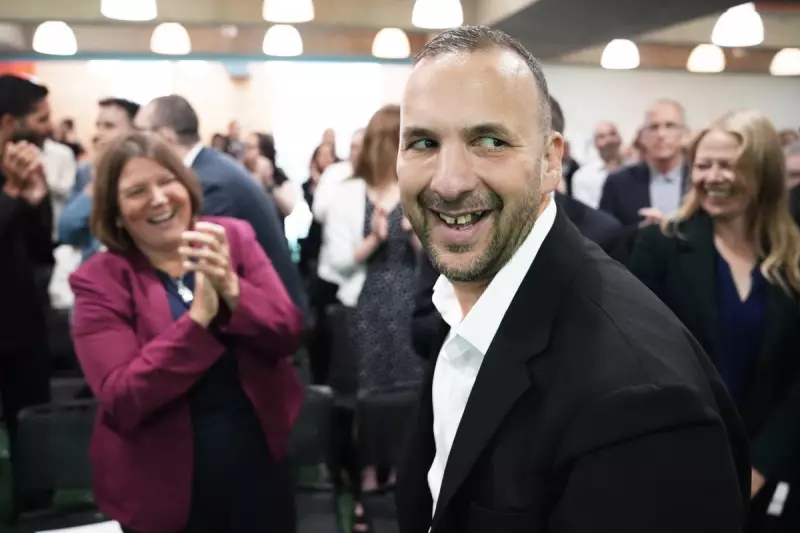
In a powerful intervention into the UK's political debate, Zack Polanski, Deputy Leader of the Green Party, has launched a scathing critique of Nigel Farage's methods, branding them a "dangerous" and cynical form of populism that threatens the health of British democracy.
Polanski draws direct parallels between Farage's current campaign for Reform UK and the tactics employed during the 2016 Brexit referendum. He argues that this approach relies on oversimplifying complex issues, stoking public anger, and making grandiose, undeliverable promises rather than engaging in honest debate.
The Playbook of Division
"We know this playbook," Polanski states, emphasising that the country has seen it all before. He identifies the core strategy as one of division: creating clear, antagonistic divisions between a supposedly corrupt 'elite' and the 'pure people'. This, he warns, is designed to bypass rational discussion and appeal directly to emotion and grievance.
The Green Party deputy leader expressed particular concern over the potential consequences of this rhetoric, suggesting it coarsens public discourse and makes constructive policymaking increasingly difficult.
A Call for Substance Over Soundbites
In stark contrast to Farage's populism, Polanski calls for a different kind of politics—one grounded in transparency, evidence, and tangible solutions. He positions the Green Party as offering a positive alternative focused on the substantive issues affecting Britons, such as the cost-of-living crisis, the state of the NHS, and the urgent need for climate action.
This, he argues, is the true work of politics: not merely identifying problems but engaging in the complex, challenging work of building consensus and implementing real-world solutions.
Beyond the Brexit Legacy
The article underscores a critical warning: allowing a populist narrative to dominate the upcoming general election campaign would be a profound mistake. Polanski urges voters and the media alike to look beyond catchy slogans and scrutinise the policies and integrity of all those seeking power.
His message is a plea for a more resilient and thoughtful democracy, one that learns from the divisions of the past and chooses a path of substance and hope over division and empty rhetoric.





